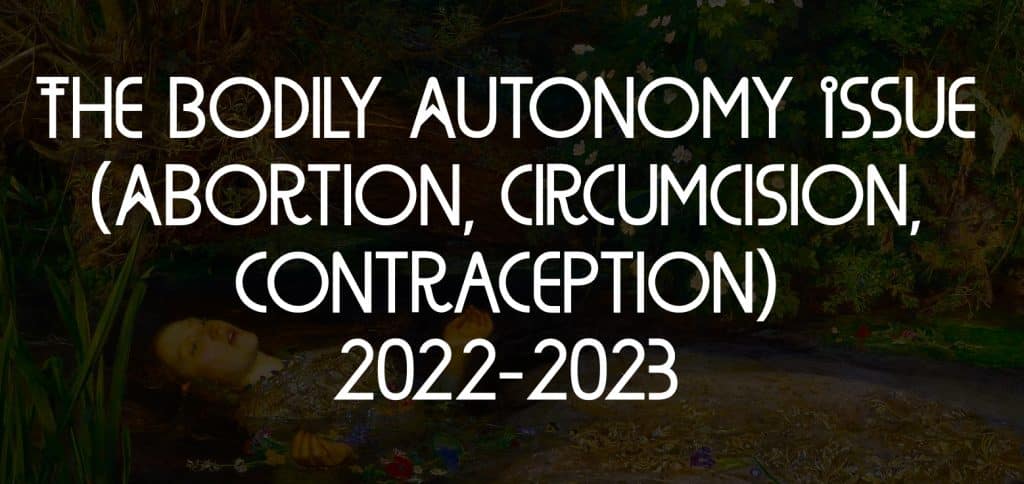Bodily Autonomy Special Issue
Due to recent changes in American laws, The AutoEthnographer presents a 2022-2023 bodily autonomy special issue dedicated to exploring experiences of abortion, circumcision, contraception, and more. Please see What Is Autoethnography? How Can I Learn More? to better understand our magazine’s theme. Check out our Submissions page for more information about publishing. See our Work with Us page to learn about volunteering. Thinking of submitting? Review our editors’ What Do Editors Look for When Reviewing Evocative Autoethnography?
THE CALL FOR SUBMISSIONS IS NOW CLOSED
Video from UNFPA India, the Official channel of the United Nations Population Fund, India
Bodily autonomy (integrity) is the right to make choices about one’s own physical self without facing coercion or violence. New York Times opinion writer Tish Harrison Warren (2022) explains,
A 2021 United Nations report found that nearly half of all women in 57 developing countries are denied bodily autonomy, with violations including rape, forced sterilization, virginity testing and female genital mutilation. In American culture, women’s bodies are often viewed as primarily valuable only for their sex appeal and beauty. Violence is a constant threat to women’s bodies, with one in five women experiencing completed or attempted rape during her lifetime and nearly one in four women experiencing domestic violence. To have a just society, we must have protection of and safety for female bodies, and women — like men — need to be able to make decisions about their own bodies.
Click the image below to view all current articles in this special issue:

Featured image by John Everett Millais from Wikipedia










